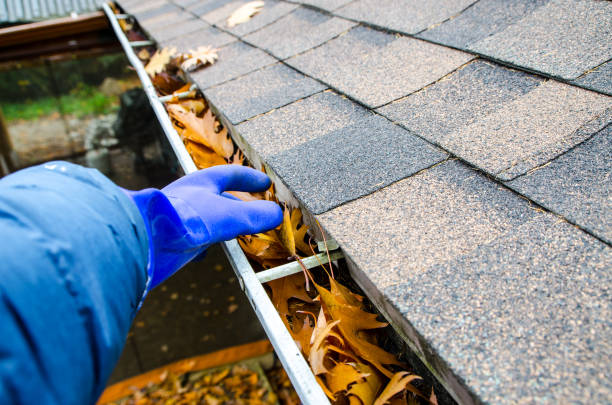
Introduce simple cleaning tasks based on your child’s age and abilities. Toddlers can help pick up toys, while older kids can handle light dusting or sweeping under supervision.
Keep expectations realistic and turn chores into small games. This makes tasks feel less like work and more like fun challenges they’ll look forward to.
Children enjoy feeling helpful, so assign them “big kid” responsibilities. Praise their efforts regularly to build confidence and pride in keeping the home tidy.
Turn cleaning into an adventure with games like “beat the clock” or “cleaning treasure hunts.” Fun challenges increase motivation and keep kids engaged without complaints.
Use music while cleaning to energize your children. Singing and dancing through chores transforms dull moments into energetic bursts of cleaning fun.
Reward systems work well for motivating children. Use stickers, stars, or small treats for completed tasks. Create a visual chart to track their cleaning success each week.
Work as a team and clean rooms together. This builds a sense of teamwork and shows that everyone contributes to the home, including parents and kids.
Talk with your children while cleaning. It’s a great time for bonding and conversation. Make it a shared experience instead of a lonely or boring job.
Use this time to teach life skills like organization and responsibility. Kids learn best through action, and cleaning together gives them real-world practice.
Assign regular weekly chores. Give each child a task to own. This teaches responsibility and accountability while reducing your daily workload.
Use checklists to help kids stay organized and remember their tasks. It also builds their independence and encourages a sense of accomplishment.
Explain the value of keeping a clean space. Let them know it helps everyone feel better and more relaxed, not just the adults in the home.
Kids as young as 2–3 can start with small tasks like toy cleanup. Adjust chores by age and ability.
Use games, music, and reward systems. Make cleaning fun and consistent to build positive habits.
Small rewards like stickers or extra screen time can be effective, especially for younger children.
Toy pickup, wiping surfaces, folding towels, or organizing books are great beginner chores.
few times a week is ideal. Keep sessions short and structured to maintain enthusiasm.